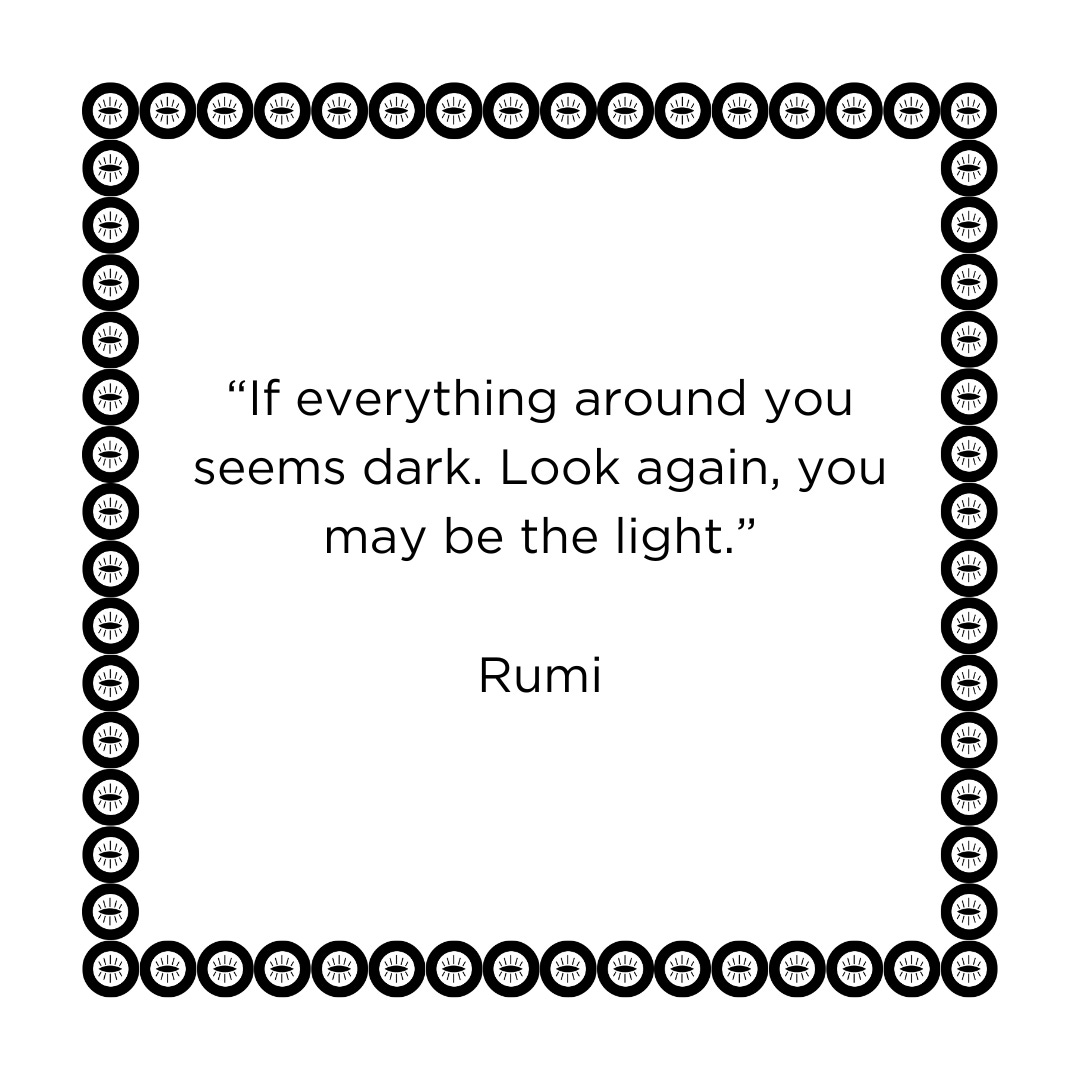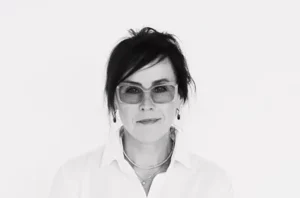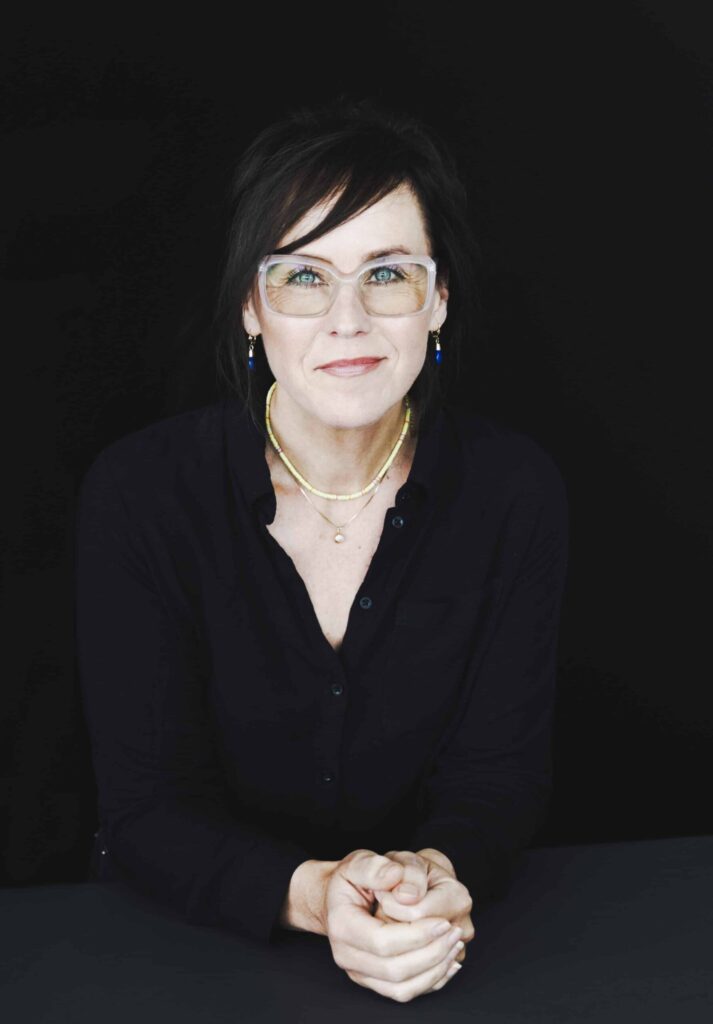Hi there,
Sometimes, when life tries us to the fullest, or we’re simply having a crap day, it’s good to look up in the sky above us, at the starry night sky and remind ourselves that we are just a grain of sand in the universe and everything will be okay.
That in the big scheme of things, we can be sure that whatever is weighing us down, will pass, and the Earth will continue to spin on its axis and the same Moon will continue to light up the dark, just like it always has and did for our ancestors and billions of years back in time before that.
Awe
Keep this image of the starry night sky in your mind a while longer; you are looking up at the stars and it eases your soul. You then zoom into individual stars, you see them glitter, observe their constellation and difference in size from where you are standing, you may even notice one or two of them moving in the night sky. As you observe this, standing both feet on the ground somewhere on planet Earth, you get lost in the moment, forget about everything else.
You are experiencing a sense of awe. The emotion we feel when confronted with something so vast that it dwarfs us, it stops your thoughts and we become one with the moment.
Awe deprivation
Its only over a decade ago that awe became a subject of research, and it turns out that we are suffering from awe deprivation. This has consequences on our well-being, ability to have compassion, create and imagine and reduces our ability to see the big picture and the magic that’s taking place right before our very eyes. I highly recommend the work and writing of Jo Marchant and Dacher Keltner on the awesome power of the night sky, the science of awe and how it can transform our lives.
How we perceive the world impacts the way we show up, think and act and consequently the very world we live in. So, to make positive changes, exploring the cosmos inside ourselves is worth the ride.
Shifting mindsets
Exposing ourselves to the wonders of the natural world activates our InnSæi and intuition and can relatively easily transform our state of mind into a more open and optimistic one. The more often we are in awe and wonder, the more impact it has on our minds and actions.
Awe helps calm down our nervous system, we become more creative, focused, curious and basically nicer people. We think more “we” instead of “I” because it shifts our perspective away from ourselves and onto something bigger.
What a beautiful way to shift mindsets, right?
Narrow mindset
Conversely, when we are under strain and stress, when we feel hopeless, our brains literally shrink, in the sense that we become tunnel viewed, we see less, we become worse listeners, less creative, our mode is fight or flight. We are less likely to experience awe and wonder. Our intelligence and capacity to imagine and realise a better, more sustainable future literally deteriorates.
If we can’t imagine flourishing futures, how on earth are we going to live it?
Show me stars
One of the most reliable methods to inspire awe in studies is to show people the starry sky and measure how it affects them. Interestingly, we are literally made of the same stuff as stars. To quote professor Lisa Harvey-Smith: “97% of the human body is made up of the same elements as stars. It’s an incredible thing to comprehend.”
Perhaps this is what happens when we are exposed to stars and experience sense of awe – we are momentarily embodying our innate relationship to the world within and around us. Our sense of belonging is deepened, and we become more aware of how embedded we are into the web of life?
In the words of the astronomer and planetary scientist, Carl Sagan: “The cosmos is also within us. We’re made of the same stuff as stars. We are a way for the cosmos to know itself.”
So, in a way, we come from a family of stars – we are stars! In fact, we can light up or dim down and with it, the world we inhabit and co-create. This is the power humans have, in the current age of the Anthropocene.

Within and without
Around 1 million animal and plant species are now threatened with extinction which is more than ever before in human history. Humans and our domesticated livestock are 96% of the total biomass of all mammals on land. Only 4% are wild animals. (UN report)
The interconnected web of life on Earth is getting smaller and increasingly frayed and at the same time, a smaller proportion of humans have direct access to nature’s wonders. There are many reasons for this but in some places most of us cannot even see stars in the night sky anymore.
“Today, as light pollution envelops our planet, the stars are almost gone. Instead of thousands being visible on a dark night, in today’s cities we see only a few dozen. Most people in the United States and Europe can no longer see the Milky Way at all. It is a catastrophic erosion of natural heritage: the obliteration of our connection with our galaxy and the wider universe,” writes Jo Marchant in The Human Cosmos (2020).
The stories we tell
What we experience inside, we tell in stories that shape human history.
Never before have we needed as much the vivid imagination of so many to create a sustainable future for all.
For climate, mindset is key
Christiana Figueres, the main negotiator of the Paris Agreement and major influence in the world of climate, recently wrote about the importance of mindset. In her article titled Why a mindset of stubborn optimism about the climate crisis is needed, now more than ever (thebulletin.org 15. January 2024), Christiana draws up the innate relationship we have to the climate, planet and other people when she writes that we are maintaining a system that is depleting not only our planet, but also our human souls.
People change systems, systems don’t change themselves. So, while we now have the technology, science, knowledge, and resources needed to chart us out of the mess we’re in, we lack the mindset to change our actions and systems.
As if people and the planet mattered
„Our thoughts can and do reflect the prevailing mood. Less well understood is how our thoughts—or attitude—can shape the prevailing mood. “Mindset” hasn’t yet made it into the many climate action roadmaps that chart us out of this mess and into a liveable future with cleaner air and rivers, more fertile soil, and nutritious food …Without it, honestly, we don’t stand a chance,” writes Christiana Figueres in Bulletin of the Atomic Scientists.
Connecting with InnSæi helps us think and act as if people and the planet mattered.
With love,
Hrund
I hope you enjoyed reading. Send me questions about InnSæi for me to answer in my newsletter, or any other inquiry you may have on hrund.gunnsteinsdottir@gmail.com. I look forward to hearing from you.


